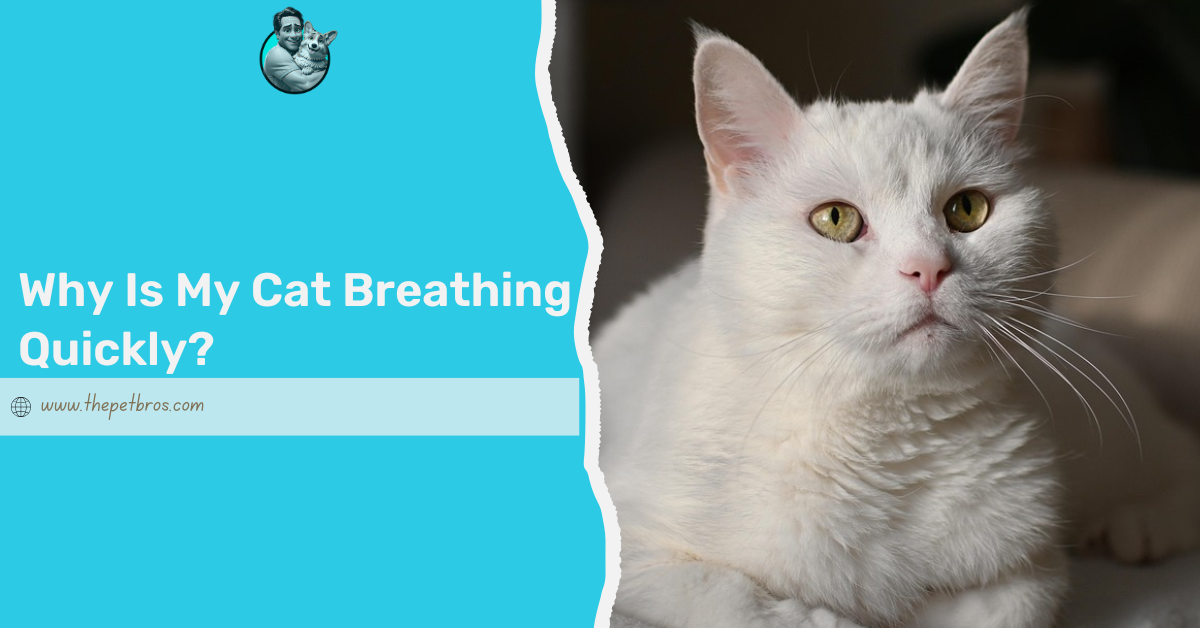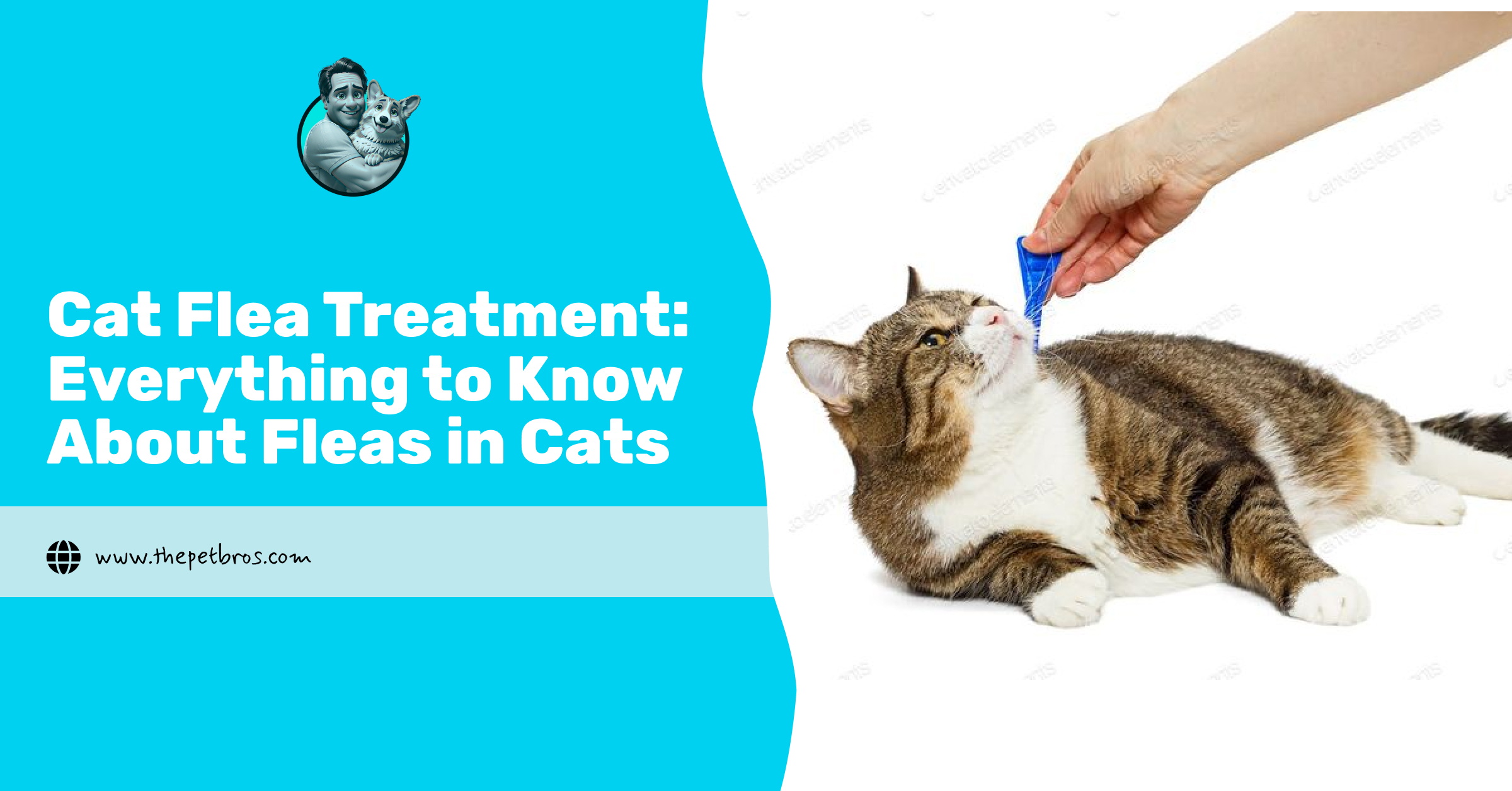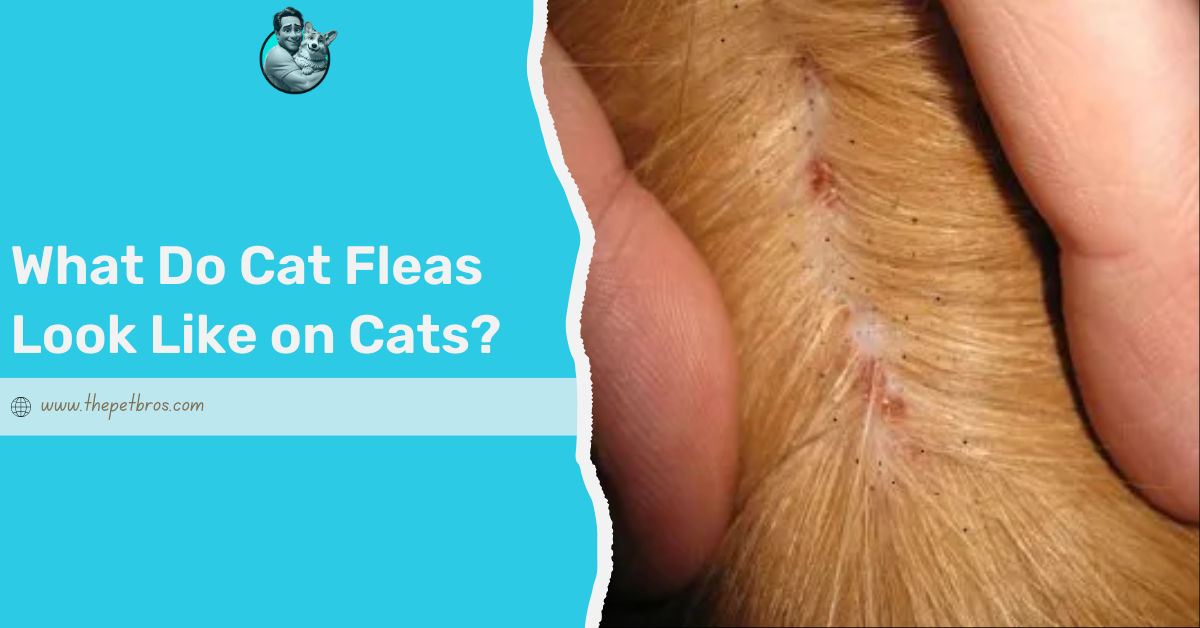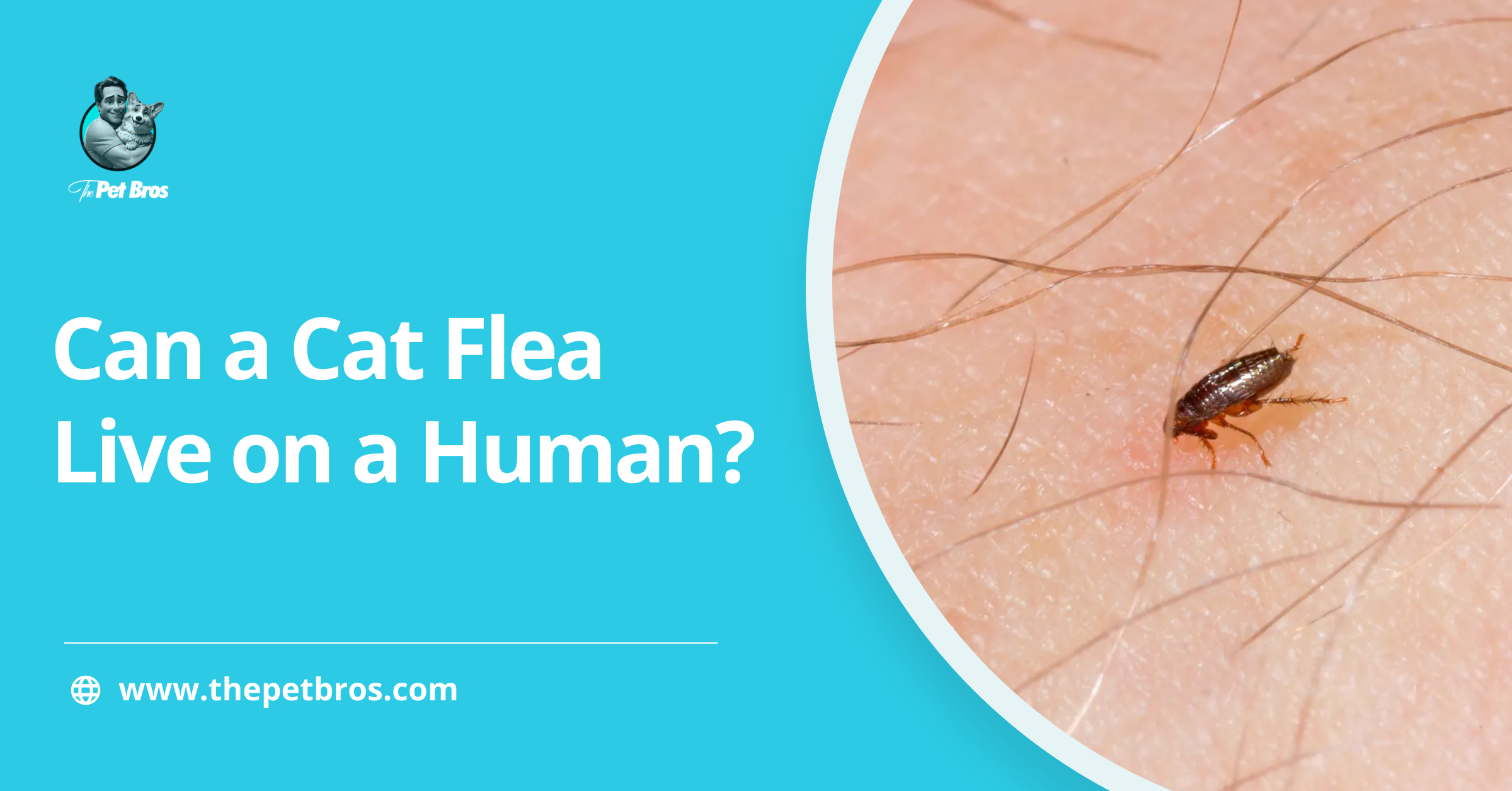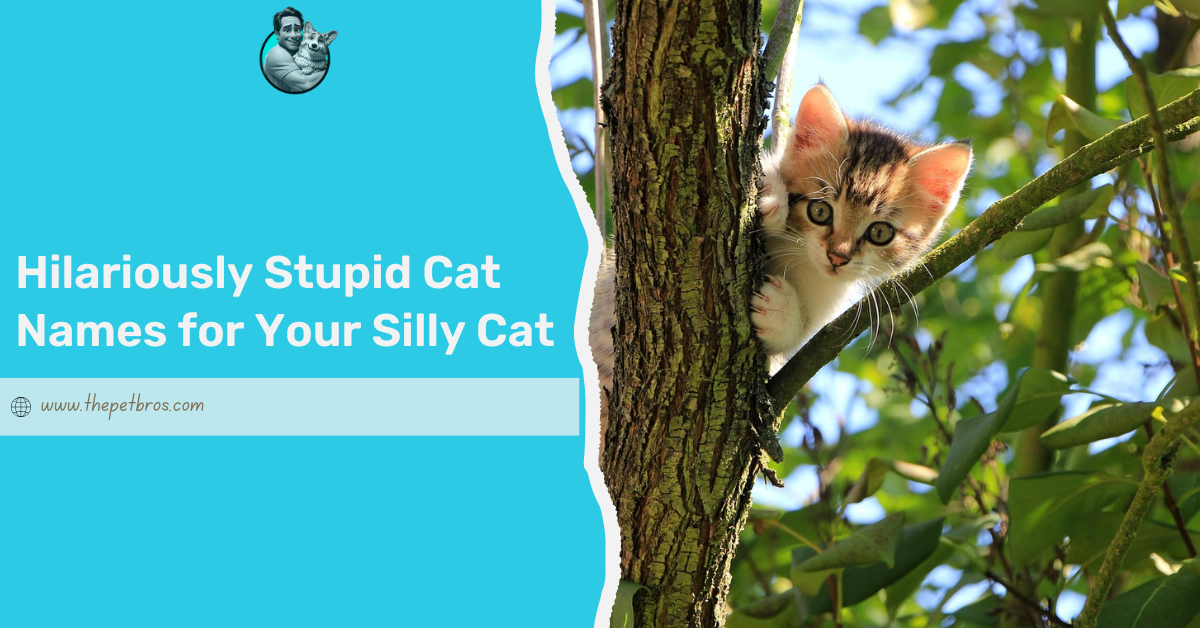Most days, your cat is calm, stretched out in a patch of sunlight or curled up somewhere cosy without a care in the world. But today, you notice something odd. Its sides are rising and falling faster than usual. Your cat is not running, not playing, just lying there, so why is your cat breathing quickly like it’s trying to catch up?
It’s enough to make any cat owner stop and wonder. Is this normal? Should I be worried? Or do cats breathe quickly just like that sometimes? The truth is that cats breathing quickly can be easy to overlook and even harder to interpret. That’s why it’s essential to understand what’s typical, what’s not, and when it’s time to take action.
This blog will discuss the seven reasons your cat might be breathing quickly, what signs to look out for, and when to call the vet.
What is Considered Quick Breathing in Cats?
First things first, what even counts as “quick” when it comes to your cat’s breathing? According to recent research, a healthy cat at rest typically takes between 20 to 30 breaths per minute.
How can you check this at home?
- Watch your cat when they’re completely calm (preferably asleep or lying down).
- Count the number of times their sides rise and fall in 30 seconds.
- Multiply that number by 2 to get their breaths per minute.
If you’re getting a number above 30, it might be time to keep an eye on them or give the vet a quick call. Also, look out for breathing through the mouth, flared nostrils, blue or pale gums, wheezing or raspy sounds, and breathing that seems laboured or shallow.
7 Main Reasons Your Cat Is Breathing Quickly
1. When Your Cat Gets Scared, Their Breathing Speeds Up
Cats are masters at being cool; that’s why sometimes we find it hard to understand their body language. However, fear is one factor that causes them to react quickly. A loud bang, an unfamiliar guest, or a trip to the vet can send them into full-on panic mode.
When cats feel threatened or stressed, their “fight or flight” response kicks in. One of the first things to change is their breathing. You might notice your cat’s sides rising and falling rapidly, even when standing still.
This kind of breathing usually settles down once the trigger is gone, so if your cat calms down and their breathing returns to normal within a few minutes, it’s probably just fear talking.
Still, if your cat seems constantly on edge or gets scared easily, it’s worth looking into ways to help them feel more secure at home. Chronic stress can take a toll on their overall health, not just their nerves.
2. Heat Can Trigger Rapid Breathing
Extreme heat can throw your cat’s “cool” out of the window. When the temperature rises, their bodies work harder to stay balanced, and one way they do that is by breathing faster.
If you notice your cat breathing quickly on a hot day, especially after sunbathing near the window or lounging outdoors, it could be their way of trying to cool down. Unlike dogs, cats don’t normally pant, so if you catch yours doing it, don’t ignore it.
Hot temperatures cause heat stroke in cats, and it is rare but serious. Other warning signs include drooling, red gums, lethargy, or vomiting. Always make sure your cat has access to fresh water, shade, and a cool resting spot during hot weather. If your cat is panting and their breathing doesn’t slow after a few minutes indoors, it’s time to call the vet.
3. Your Cat Could Be Fighting a Respiratory Infection
When your cat has a respiratory infection, breathing quickly can be one of the first signs that something is wrong. These infections often make it harder for cats to get enough oxygen, so they breathe faster to make up for it. Other signs usually show up alongside the fast breathing. You might notice sneezing, nasal discharge, watery eyes, or even a loss of appetite.
Some cats may also sound congested or avoid being touched around the face. Respiratory infections are typically caused by viruses or bacteria and often require medication to resolve. If your cat is breathing quickly and showing any additional symptoms, it’s best to check them before things worsen.
4. Allergens or Asthma Can Disrupt Normal Breathing
Just like people, cats can react to things in their environment. Dust, pollen, mould, or strong household cleaners can trigger allergic reactions or asthma. When that happens, you might find your cat breathing quickly, wheezing, or coughing out of nowhere.
Now, Feline asthma can range from mild to severe and usually manifests as sudden episodes. During these attacks, your cat might crouch low, extend its neck, and breathe rapidly or with effort.
Asthma isn’t curable, but it is manageable with the right care. If these symptoms show up often, your vet might recommend medication and changes to your cat’s environment to reduce the triggers.
5. Rapid Breathing Might Signal a Heart Condition
Not every case of quick breathing is tied to the lungs. Sometimes, the heart is the one struggling. When a cat’s heart isn’t pumping efficiently, the body may try to compensate by breathing faster to get more oxygen flowing.
The tricky part is that heart issues in cats can be sneaky. Your cat might not show any signs at first, but with faster breathing, you may notice tiredness; you may also notice your cat hiding more than usual or even slightly losing weight over time.
When you notice a pattern that recurs without an apparent cause, like stress or heat, it’s worth exploring whether their heart is behind it. Catching heart conditions early can make all the difference.
6. Your Cat Might Be Hiding an Injury
Cats are notorious for hiding pain. It’s a survival instinct, and they’re good at it. But one thing they can’t easily hide is changes in how they breathe. If your cat is suddenly breathing quickly and staying still in a position for too long, it might be dealing with a physical injury. This could be something internal, like a bruised rib muscle strain, or something more serious, like trauma to the chest.
You might not see an obvious wound, but the discomfort causes them to breathe faster, limit movement, and stay unusually quiet. If there’s any chance your cat took a fall, had a rough landing, or got into a scuffle, keep a close eye. If your cat experiences rapid breathing after such an incident, you need a vet to check to rule out anything serious.
7. Chest Congestion Can Lead to Rapid Breathing
When something’s clogging up the chest, like fluid, mucus, or inflammation, it can make it harder for your cat to take in air properly. In response, their breathing speeds up, even when they’re just lying down.
Chest congestion can result from infections, underlying illnesses, or pneumonia. In addition to your cat breathing quickly, you might notice low energy, a loss of interest in food, or shallow, noisy breaths that don’t sound quite right. This kind of breathing usually doesn’t improve on its own. A vet visit is the safest next step if it’s been more than a few hours and your cat still seems off.
Conclusion
It’s easy to brush off a little fast breathing as nothing, especially when your cat seems fine otherwise. But cats are subtle creatures, and changes in their breathing are often one of the few visible signs that something deeper might be going on.
Whether it’s stress, heat, a hidden illness, or something more serious, paying attention to your cat breathing quickly could be the difference between catching an issue early and missing it altogether.
FAQs
Should I be worried if my cat is breathing quickly while resting?
Yes. Fast breathing at rest can indicate underlying health issues, especially when accompanied by symptoms such as lethargy.
Can asthma cause rapid breathing in cats?
Absolutely. Feline asthma can cause sudden attacks where your cat breathes quickly, wheezes, or coughs.
How do I know if it’s an emergency?
If your cat is breathing with its mouth open, appears panicked, or has blue or pale gums.
What is the normal breathing rate for a cat?
A healthy cat typically takes between 20 to 30 breaths per minute when resting. If you count significantly more than that, it’s worth monitoring or calling your vet.
Can heat cause my cat to breathe faster?
Yes, heat can cause rapid breathing in cats as they attempt to cool down. Unlike dogs, cats don’t usually pant, so if they are, it could signal overheating






